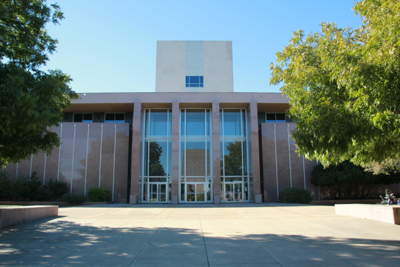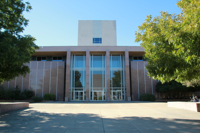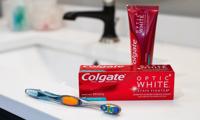
Texas Supreme Court
AUSTIN — No medical expert report is required in lawsuits against physicians who allegedly fail to determine whether a dog is actually a service animal, the Texas Supreme Court has ruled.
The case in question was brought by Cleveratta and James Waldroup, who sued Dr. Maurice Liebman after a service dog attacked their young child in a restaurant.
Dr. Liebman had written letters for the dog’s owner saying that her service animals help with her anxiety disorder, according to the high court’s opinion.
While the parents don’t dispute the doctor’s opinions, they do, however, contend he was negligent because he failed to ascertain whether the dog, which was registered with an unrelated company, was in fact a service animal appropriately trained to behave in public.
The parents further allege the failure caused their daughter’s injuries by enabling the dog’s owner to present the dog as a service animal that could enter the restaurant.
“The question before us is not whether the parents’ claims against the doctor have merit,” the June 6 opinion states. “Instead, it is whether the claims must be dismissed regardless of their merit because the parents failed to serve a preliminary report from a medical expert addressing the doctor’s failure to evaluate the dog’s temperament with non-patients.”
Chapter 74 of the Texas Civil Code requires that an expert report be filed with a health care liability claim (HCLC).
The majority of justices concluded the Waldroups’ lawsuit was not a health care liability claim and therefore required no expert report.
They found that the suit was not brought by a patient, and neither the plaintiffs’ allegations nor the record show that any diagnosis or treatment Dr. Leibman provided to the dog’s owner fell below an applicable standard of medical care.
“For these reasons, we conclude that the Waldroups’ claims are not HCLCs for which they were required to file a preliminary expert report,” the opinion states. “We therefore affirm the court of appeals’ judgment and remand the case to the trial court for further proceedings.”
Justice Rebeca Huddle, along with three other justices, dissented, opining that the “lamentable facts” of the case do not justify “disregarding statutory language and our precedents.”
“For over a decade this Court has held… that when a negligence claim against a physician is inseparably intertwined with health-related services, it is a health care liability claim,” Huddle wrote. “The Waldroups assert a claim against a physician based on letters he wrote in the course of providing medical care for his patient.
“Because expert medical testimony is necessary to establish the scope of statements a physician could properly include in such letters and whether the physician breached the standard of care by including statements he should have omitted, the Waldroups failed to rebut the presumption that their claim is an HCLC.”
Case No. 23-0317




